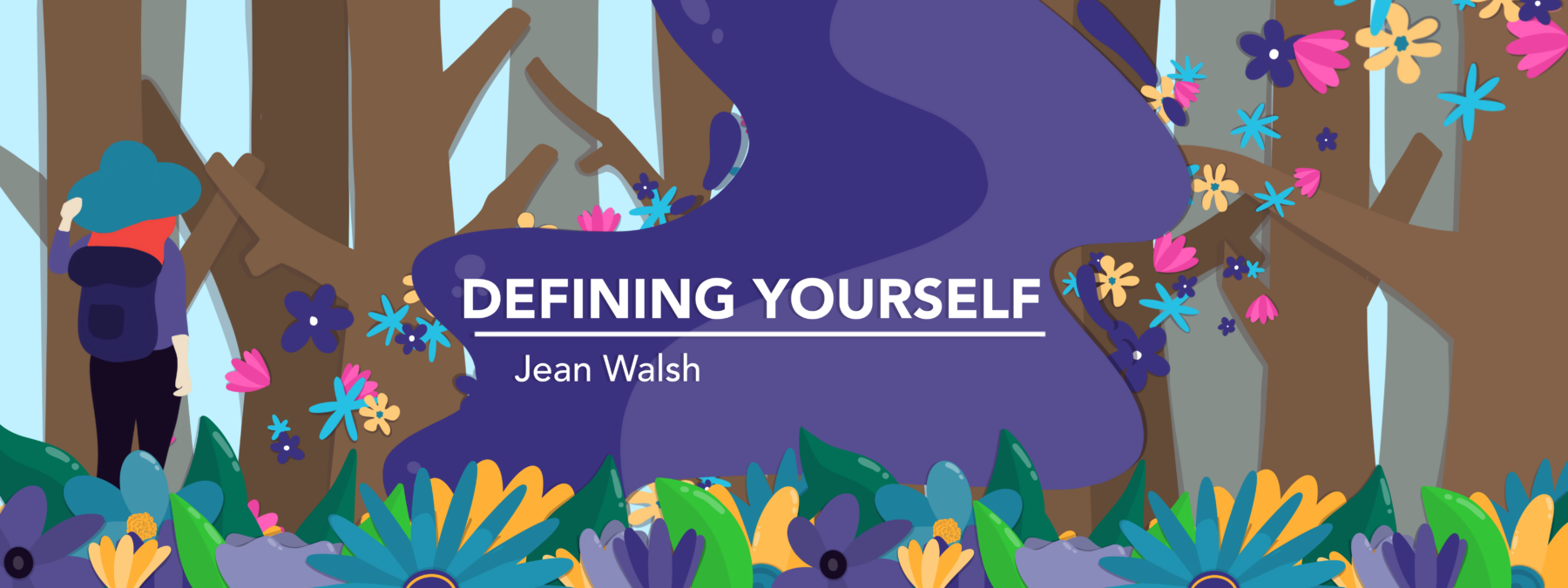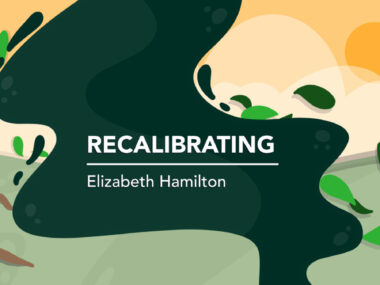Who am I? Even with FA, I define myself — mostly
How I'm taking control of my life with a degenerative disease
Written by |

One thing I am, because I want to be, is a gardener. I love the feel of warm soil in my hands, the smell of jasmine, the beauty of a big peony bloom, and more. I’m also a Friedreich’s ataxia (FA) patient.
I was diagnosed more than 40 years ago, when I was 19. My diagnosis can be summed up in this list: Friedreich’s ataxia, no treatment, no cure, wheelchair by 25, dead by 35.
My future seemed terrifying. Well, 40 years later, I am happy overall, though not all the time. My journey with FA has, in no small part, been one of defining myself. I try not to let the one major thing in my life over which I have no control, FA, define me.
Part of picking up the pieces of my young life and moving forward post-diagnosis was trying to define myself. Did I always succeed? No. Over the years, I’ve internalized many beliefs about women, disability, and disease I shouldn’t have — some of which I’m not even aware of.
Following are a couple ways I have sought to define myself.
Degenerative, not progressive
When I was diagnosed, medical professionals kept telling me the disease was progressive. I knew what they meant: FA would continue to assert itself more and more. It did, but not as quickly and aggressively as I was initially told.
At the same time, I found the term progressive irritating. I wasn’t progressing. So I reclaimed it and began to call my disease degenerative. I am degenerating, physically speaking, and becoming less and less able. Progressive doesn’t accurately describe what is happening to me. Degenerative does.
Maybe this doesn’t ring true for you. Maybe this is a struggle with semantics you find finicky. For me, it was one of the most empowering things I did. By calling the disease what it meant to me, rather than what my doctors labeled it, I took control.
I am not pitiful
Pity is something I started trying to avoid early on, but it’s more complicated than choosing the word degenerative over progressive. While you can’t control what others think about you, you can control the narrative about your life that you present to the world.
When I told people about my disease or they saw me lurching around (an early symptom of FA; I use a wheelchair now), they would invariably feel bad for me. Yes, FA is hard, and yes, it makes life a lot more difficult.
The truth is my life has always been full — full of sadness, joy, love, fun, struggles, friends and family, and laughter. Feel empathy for me, of course, but know that pity puts me in a box that my overall happy life doesn’t deserve.
Carefully laying out the truth of my life has been a lifelong effort that is sometimes exhausting and other times exhilarating. I can be my own enemy as I blather on about all the hardships I face, but that’s normal. It’s OK to have a bad day. To me, it’s always worth the effort to let the world know my life is full of ups and downs.
So, I’m taking this frigid, gray, January day to plan for butterflies and flowers and to define myself. As I thumb through catalogs, planning this year’s garden, I find hope in imagining next year’s blooms and strength in knowing that “gardener” is a label I have chosen.
Note: Friedreich’s Ataxia News is strictly a news and information website about the disease. It does not provide medical advice, diagnosis, or treatment. This content is not intended to be a substitute for professional medical advice, diagnosis, or treatment. Always seek the advice of your physician or another qualified health provider with any questions you may have regarding a medical condition. Never disregard professional medical advice or delay in seeking it because of something you have read on this website. The opinions expressed in this column are not those of Friedreich’s Ataxia News or its parent company, Bionews, and are intended to spark discussion about issues pertaining to Friedreich’s ataxia.




Tiffany Sippel
Jean- you were there for Gavin as a moderator of the Teen Hangouts when Gavin was first diagnosed 2 and a half years ago. I felt so comforted hearing your happy voice and seeing you with your dog. As a parent, it gave me hope that Gavin could have a fulfilling life despite a scary diagnosis. Thank you for being so generous and kind!
Jean Walsh
Thanks Tiffany it was so good for me to be with Gavin and the other teens. Gavin is incredibly positive. You can bet I wasn't like that. Sending him and you love!
Charmaine Hamilton
Thank you for sharing your story, Jean.
Jean Walsh
Thanks for taking the time to let me know you liked it.
Rebecca Field
Excellent debut column Jean and great to meet you the other day. Much love - Becky Field
Jean Walsh
Thanks Becky!